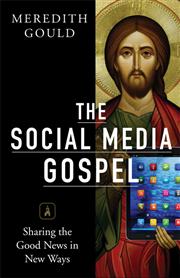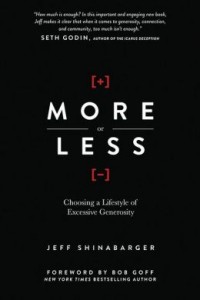It ended a week ago.
The Urbana Student Missions Conference happens every three years. This year, 16,000 people gathered in St. Louis with 250 missions organizations, for five days, with 150 seminars.
Over a quarter of those gathered—4,224—committed to serve for two years or longer in God’s global mission. Another 6,500 or so committed to reach out to friends through Come to the Party, a Bible study on the Gospel of Luke. If past numbers hold, that will reach about 17,000 people, through people that are already their friends.
I had the privilege of serving on the 10-member Urbana Leadership Team and leading social media for the conference. You can read more about how that went. But through these tools, my team and I had a unique birds’ eye view of the conference, a pulse on God’s action in the hearts of participants in real time. Here’s what we saw.
Our generation is called to act. Most of the people at Urbana are students and recent grads. We do not want to just give money (though we did give nearly $1 million). We are called to do something, now and with our whole lives.
We are ready to commit. We can go anywhere, do anything, be anybody. But we want to follow and proclaim Jesus and to bring real and tangible good to the hard places. We want to know what our lives are for, and at Urbana, God showed us.
Our calling is beautiful, life-giving, and bold. David Platt preached an incredibly hard message in a main session, and we attended his seminar by the thousands, creating a fire hazard concern. Ram Sridharan preached a call to faith that was poetic and almost creedal in its beauty, with nearly a thousand of us standing to become Christians or to confess that we have put something else in Jesus’ place.
We need to do evangelism and justice work. We know that Jesus deserves to be proclaimed as both Savior and Lord. We know that Jesus wants orphans, widows, the poor, and others to be cared for. Working for the good of others doesn’t mean you believe in merely a “social gospel.” But it can give people a reason to listen to why you do it. One night we heard the story of Shortie, a community caregiver in Swaziland. She loves and shares Jesus. She also cares for neighbors dying from AIDS. We built 32,000 medical kits for people like Shortie to use to serve others.
The North American church needs to listen. We were fortunate to have Calisto Odede from Kenya as our main Bible expositor throughout the conference. Shortie was a model, too. Ziel Machado came from Brazil to preach, as did Sarah Breuel who is now a missionary to Italy. Others came with organizations that were exhibiting or to lead seminars.
We are eager for diversity worthy of the King of Kings. Our participants were 44% non-white, (in 2010, 28% of the population was non-white, so I think that’s pretty good). We came from every state and 100 countries. More than a big conference with that worship leader and band you love and those pastors that you’ve heard before, God uses Urbana to show his glory through the unity of his diverse church.
This was worth our time and treasure. Some people complain about how Urbana is more expensive than other conferences. I often reply that other conferences are not like Urbana! But I wanted to check. So on Facebook, I posted, “You invested a lot to be here. Was it worth it?” The response was overwhelming:
- It was absolutely worth it! Urbana was challenging, strengthening, inspiring, and just plain incredible. –Brianna
- Of course! –Mike
- Not even a question! –Corrie
- Incredible, cannot put into words my JOY from Urbana and how my eyes have been opened for the urgency to answer God’s call… Go and make disciples! –Devin
- Worth every penny. –Harry
- I would pay even more for that experience—it was life changing. –Becca
Urbana ended, and the rest of our lives began a week ago. I have to wonder if Urbana 12 will be a touchstone in missions history. It will if, by God’s grace, people who were at Urbana do what they said they were going to do.
It’s not stopping.















